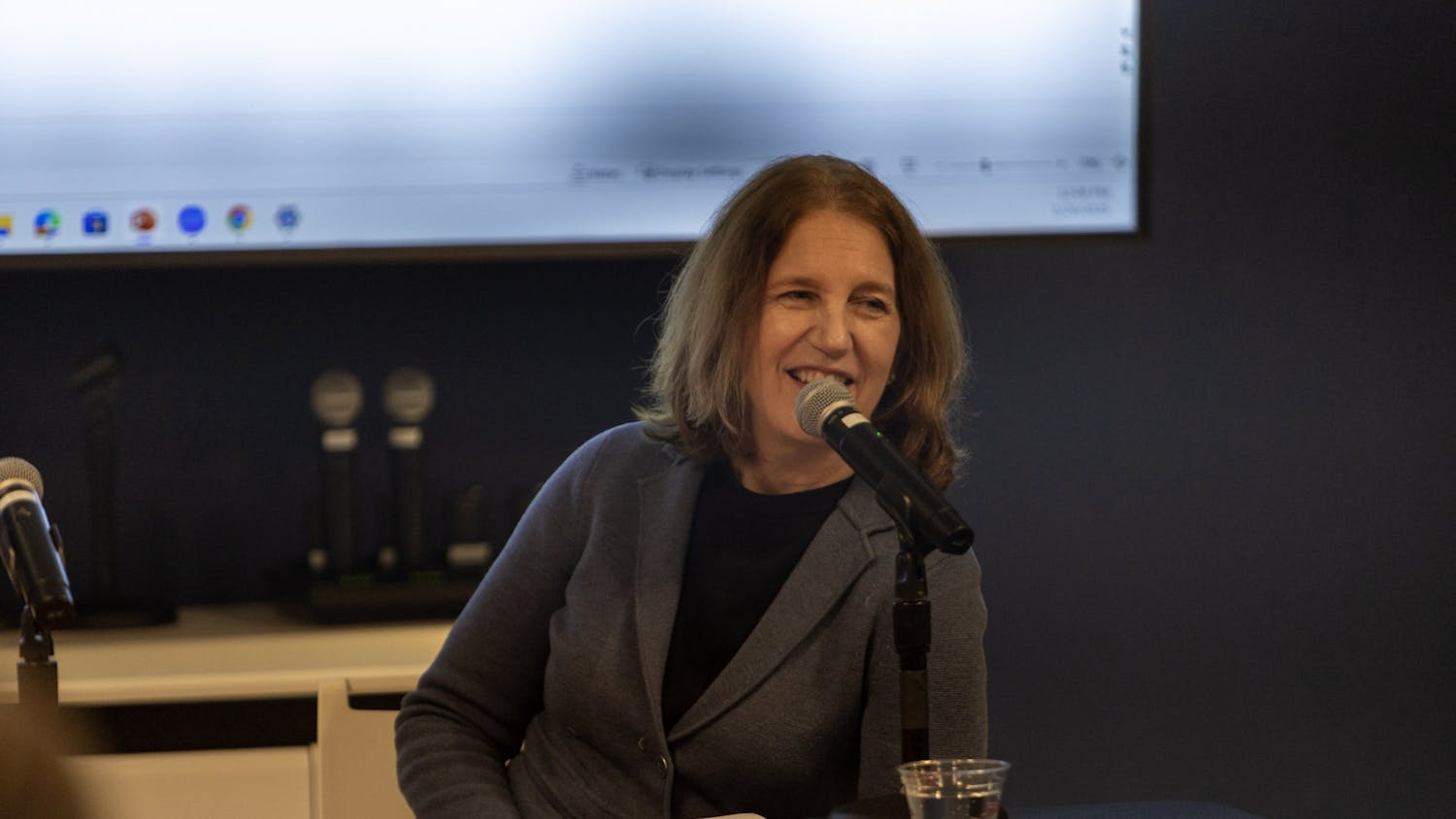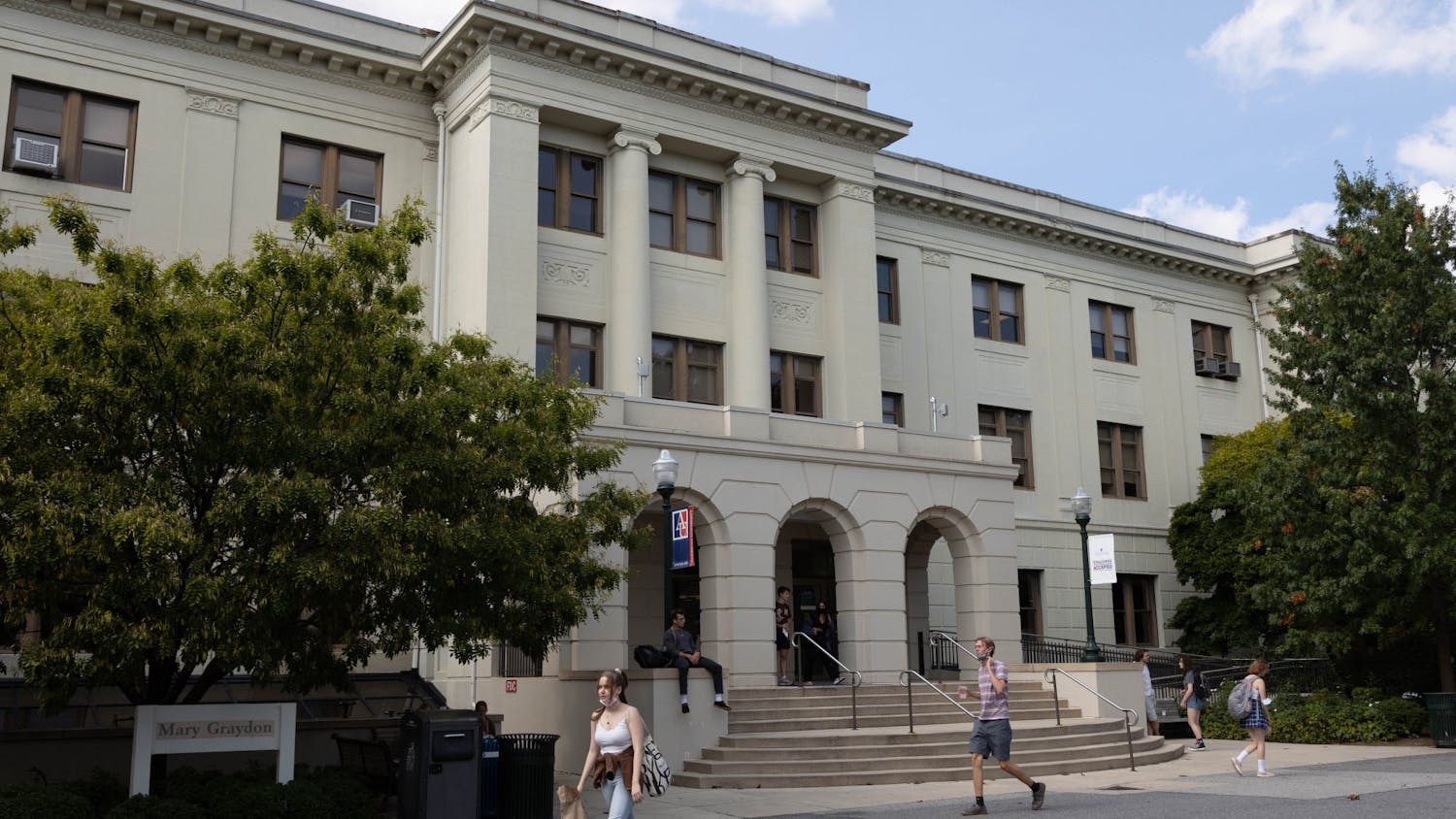AU’s Faculty Manual is undergoing the most significant changes it has seen in decades — changes that are long overdue, according to Professor Stephen Silvia, former chair of the Faculty Senate.
The manual, a document concerning procedures for hiring, promotion and tenure, has become outdated and lacks certain characteristics that could take AU to the next level of achievement, Silvia said.
One of the things it lacks are provisions for hiring senior faculty with tenure from outside universities.
AU had no means of incentivizing professors from other universities because no language or provisions existed in the manual to lure someone to AU who already had tenure elsewhere. This caused AU to miss out on many opportunities to improve its academic base, Silvia said.
“So we wouldn’t be able to get people at mid-career who were superstars under that old system,” Silvia said. “AU has been probably more like the Kansas City Royals — whenever anybody got good, another university would make an offer and that person would end up going off to the Yankees.”
Virginia Stallings, chair of both the Faculty Senate and the ad hoc committee for revising the Manual, said she was very happy with the proposed revisions because they provide policies that support active scholarship and will help attract and retain talented faculty.
“The current manual did not clearly define processes for workload and had a top-down framework for making important decisions that affect departments and schools,” Stallings said in an e-mail. “The new manual focuses on responsibility and decision-making at the lowest effective level. It provides a well-defined process for giving faculty credit for all the work that they do outside of the classroom.”
Additionally, the Faculty Senate wanted to make decisions regarding promotions and tenure less prescriptive and more discussion-based. Such decisions have traditionally taken a very rigid path and excluded input from a faculty’s colleagues, however relevant this input might have been.
“This way you would need to have a discussion. You would really have an assessment of the pros and cons,” Silvia said. “Faculty would be more vested and thinking about their colleagues that should be promoted and [they would] take more responsibility for these difficult decisions.”
The Senate established an ad hoc committee in Oct. 2008 that began proposing revisions to the manual for April of the following year.
The goals of the revisions are to write a new manual consistent with AU’s new strategic plan and to make AU more competitive as a university, Silvia said.
The process has involved more than 50 meetings with various academic units in all of AU’s six schools and four university-wide town hall-style gatherings. The manual is currently in its third draft.
While the Faculty Senate typically convenes only once a month, it has been forced to meet weekly to address time demands and the massive amount of feedback it has received from faculty members.
“We’ve been really going out of our way to be as transparent as we can be,” Silvia said. “At a university, getting everyone involved is important.”
Silvia added that universities are unique in that they are able to be much more inclusive than the private sector, where someone might get fired for expressing dissent.
“It’s much more participatory,” he said. “That’s one of the benefits of being at a university ... Trying to work together, that’s how you get people to buy into it.”
Stallings commended the overall process, stating that there are very few instances in academia in which the faculty has been allowed to write its own manual.
“The draft has gone through substantial revisions based on faculty input,” she said in the e-mail, noting that the current draft is a product of more than 300 comments collected from faculty and faculty administrators.
“This draft is truly a Faculty Manual,” she said.
You can reach this staff writer at
ccottrell@theeagleonline.com.




